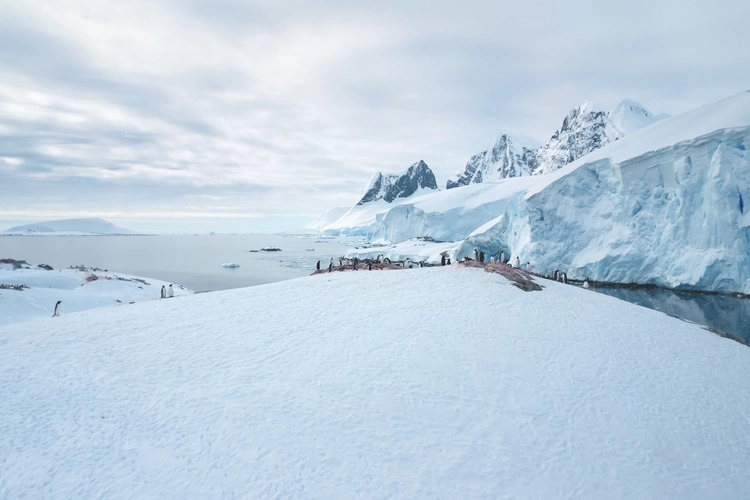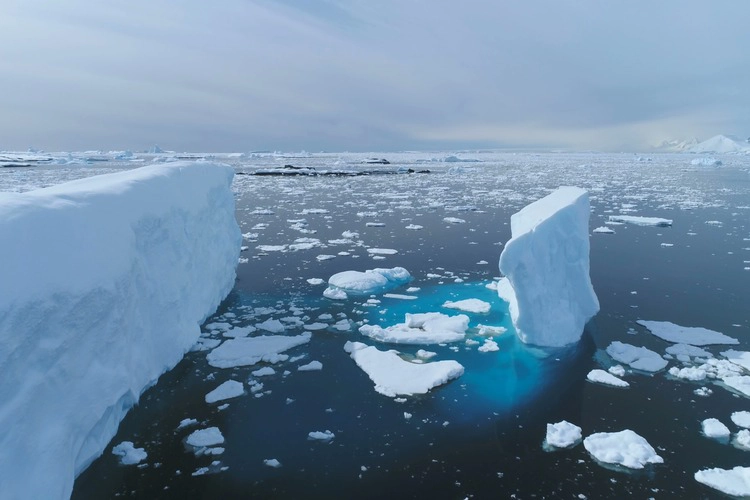
Rising temperatures and melting ice buffers around coast could lead to introduction of non-native species in Antarctic ecosystems, study finds
By
A new study – published by Global Change Biology – has found that warming around Antarctica may lead to a greater likelihood of non-native species and floating debris arriving at the continent and entering its ecosystems.
Many species have been unable to establish themselves in Antarctica previously due to the harsh environmental conditions on the continent. Objects such as wood and plastic have been found in Antarctic waters before, as well as non-native kelp rafts and bryozoan – tiny aquatic invertebrates that live in colonies – which have a significant ecological impact on Antarctica. But now, as sea ice and sea shelves are melting – with record-low coverage of Antarctic sea ice – the continent’s coast is becoming exposed and more hospitable to non-native species.
Using several simulations to track virtual objects along oceans, researchers concluded that the Antarctic coastline is widely connected to southern landmasses – including all Southern Hemisphere continents. The most significant was Macquarie Island, followed by the Kerguelen Islands and South Georgia. While particular dispersal events within the study are rare, researchers stressed that even these events have the potential to be ecologically important. Researchers believe that the western Antarctic Peninsula – in particular the South Shetland Islands at the Antarctic Peninsula – are the most vulnerable to the arrival of non-native species.

‘It’s really worrying for the species of Antarctica,’ said the study’s lead author, Dr. Hannah Dawson. ‘If foreign arrivals travelled and successfully settled the warming Antarctic coast, they would have a survival advantage over native species, which tend to be slower to grow.’
‘They might out-compete local species and those local species would probably then have nowhere else to go,’ Dawson continued.
In summer, around 50 per cent of the Antarctic coastline lacks the sea ice buffer to protect its coastline – and the northern tip of the Antarctic Peninsula is almost entirely exposed year-round. Extremely cold waters around Antarctica are expected to warm by 0.4°C by 2100, potentially allowing an opportunity for species who were previously unable to survive to do so.
Previously, studies have only shown oceanic rafting to Antarctica from remote and unpopulated Antarctic islands – but this new study shows the connection between the Antarctic coastline and Southern Hemisphere continents.
Ocean mathematician at the University of Sydney, Jordan Pitt, said that the Antarctica peninsula’s west coast would be a key spot for researchers to watch out for species arrivals.




